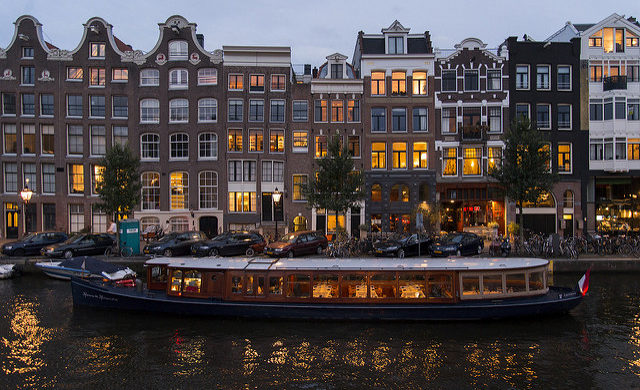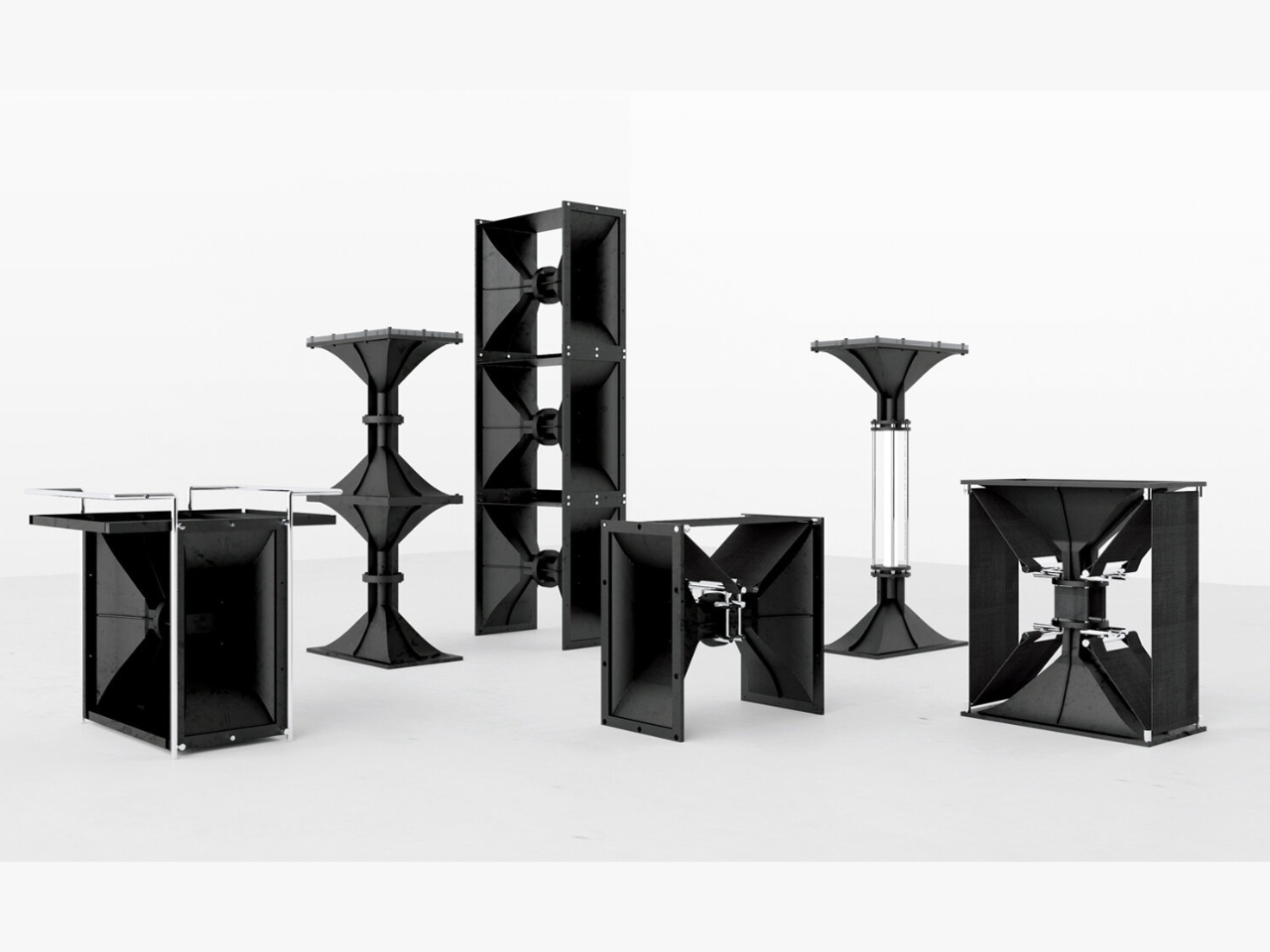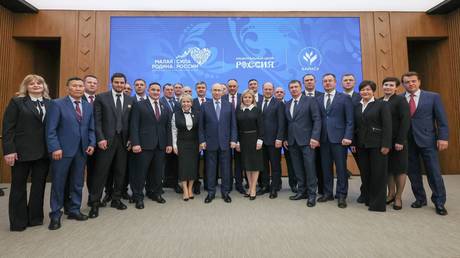In Poland, we know all about fighting illiberal regimes. Here are our lessons for the Trump age | Jarosław Kuisz and Karolina Wigura
Our political history is one of catastrophe, communism, and developing powerful antibodies against oppression In 2016, one year after the rightwing populist Law and Justice party won an overall majority in Poland, there was a knock at a door. The mother of a young journalist opened it. To her astonishment, it was the security services looking for her son. No details were provided. Thus began an informal campaign by the authorities against the media and civil society in Poland, including our thinktank, Kultura Liberalna. After hearing the news about the journalist, we called Aleksander Smolar. The legendary anti-communist dissident, who ran his own NGO, told us that the security services were also trying to arrange “informal” meetings with his staff. And he comforted us: “Don’t worry, we’ve had a playbook for this kind of situation since the 1960s.”At that moment, we almost travelled back in time. We spoke about responding to this new regime as if we were once again under communism. What is striking in retrospect is that we all knew what to do. Our eastern European political culture, shaped by historical catastrophes, has developed some antibodies against oppressive power. Over the past centuries, the state has often been wiped off the map or occupied by foreign aggressors. Adversity sparks initiative.Jarosław Kuisz is editor-in-chief of the Polish weekly Kultura Liberalna and the author of The New Politics of Poland: A Case of Post-Traumatic SovereigntyKarolina Wigura is a Polish historian and co-author of Post-Traumatic Sovereignty: An Essay (Why the Eastern European Mentality is Different) Continue reading...

Our political history is one of catastrophe, communism, and developing powerful antibodies against oppression
In 2016, one year after the rightwing populist Law and Justice party won an overall majority in Poland, there was a knock at a door. The mother of a young journalist opened it. To her astonishment, it was the security services looking for her son. No details were provided. Thus began an informal campaign by the authorities against the media and civil society in Poland, including our thinktank, Kultura Liberalna. After hearing the news about the journalist, we called Aleksander Smolar. The legendary anti-communist dissident, who ran his own NGO, told us that the security services were also trying to arrange “informal” meetings with his staff. And he comforted us: “Don’t worry, we’ve had a playbook for this kind of situation since the 1960s.”
At that moment, we almost travelled back in time. We spoke about responding to this new regime as if we were once again under communism. What is striking in retrospect is that we all knew what to do. Our eastern European political culture, shaped by historical catastrophes, has developed some antibodies against oppressive power. Over the past centuries, the state has often been wiped off the map or occupied by foreign aggressors. Adversity sparks initiative.
Jarosław Kuisz is editor-in-chief of the Polish weekly Kultura Liberalna and the author of The New Politics of Poland: A Case of Post-Traumatic Sovereignty
Karolina Wigura is a Polish historian and co-author of Post-Traumatic Sovereignty: An Essay (Why the Eastern European Mentality is Different) Continue reading...
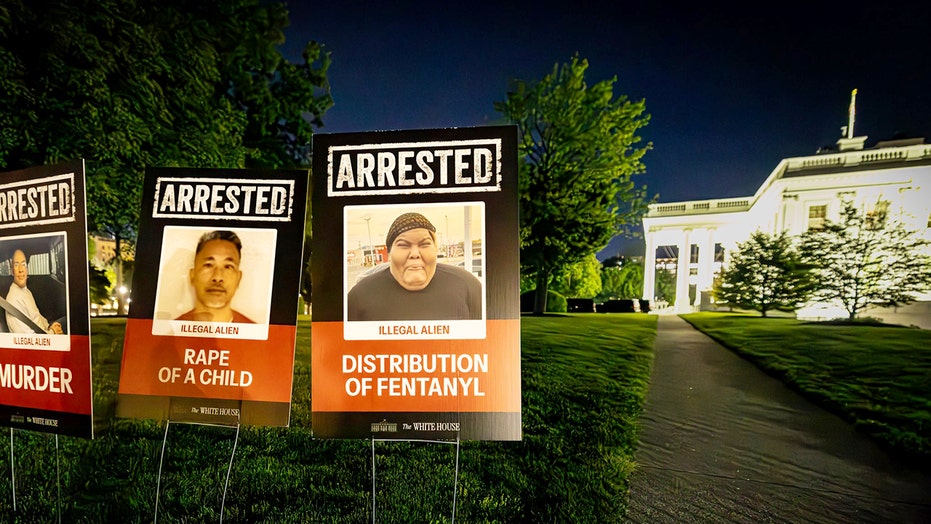



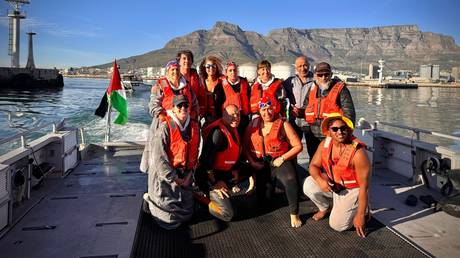






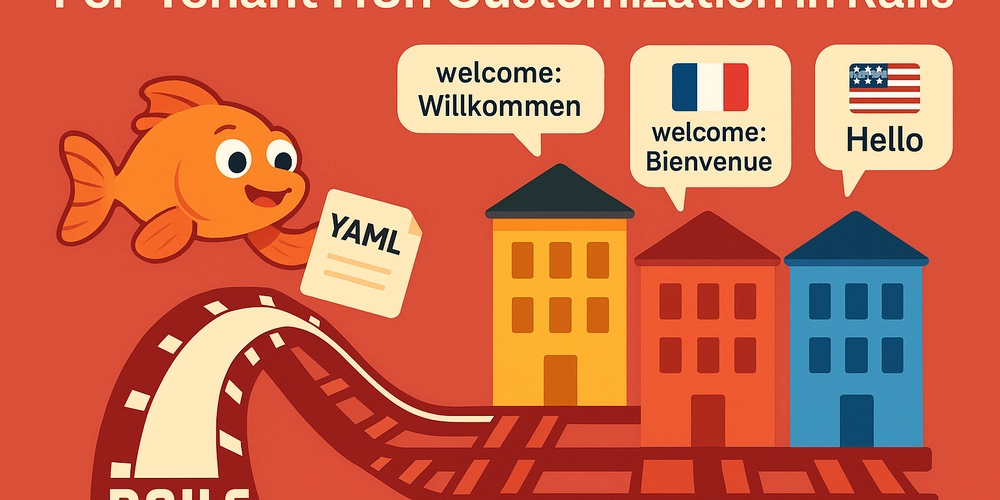








_Muhammad_R._Fakhrurrozi_Alamy.jpg?width=1280&auto=webp&quality=80&disable=upscale#)





















